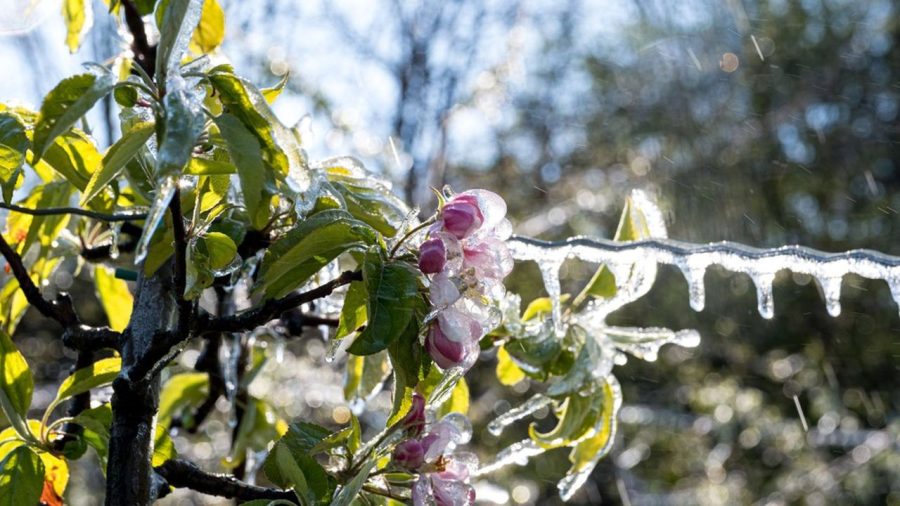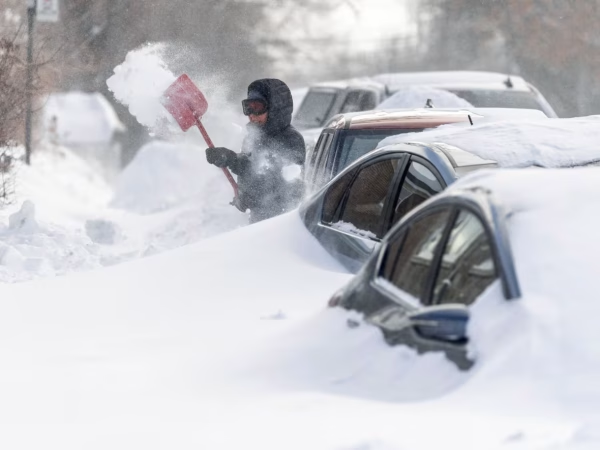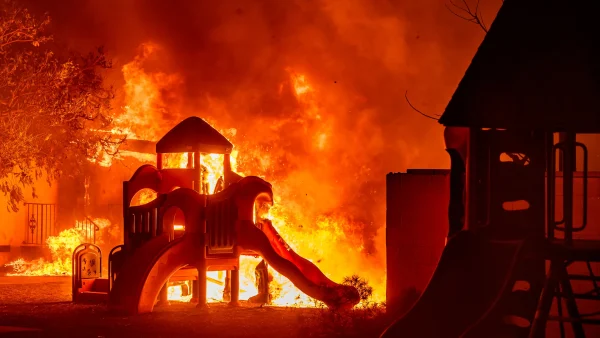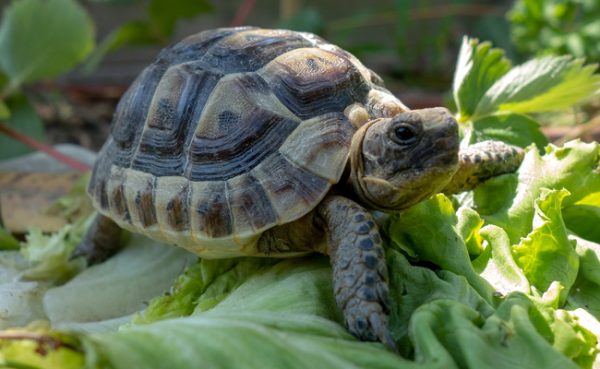New Agricultural Losses due to Climate Change
Cherry blossom trees wrapped in ice as part of the fight against frost, in the Rhône, near the village of Rontalon, southwest from Lyon. When the temperature drops below zero on freezing spring nights, fruit trees are sprayed with water to protect them from frost. For more than a week now, a wave of frost has hit France, causing severe damage to many French orchards. France/Rontalon/ April 15, 2021.//KONRADK_konrad-020/2104151637/Credit:KONRAD K./SIPA/2104151637
After the freezing sessions last week, farmers had little fear of losing their harvest if the phenomenon of climate change worsens
The president of the Dunhame vineyard said, “I have never experienced this in my career (since 2006) […] it was the most difficult frost episode in the history of Château de Cartes”.
Stéphane Lamarre, the manager of the vineyard, and his nine employees spent 22 hours on Thursday trying to protect the vines. Despite their relentlessness, they still had a loss of 25 to 30%. “Every bud lost right now is a lost bottle,” he explains.
The first stage in the cycle of a vine is the appearance of the bud in the month of May. Then, there is the leafing towards the end of the spring and at the beginning of the summer comes the flowering. For vine growers, losing the first buds is very bad news because the first buds are the best.
In Kamouraska, the owner of the Amouraska vineyard Kasty Dickner is afraid that her buds have been seriously affected by the cold. She believes that half of her wine production will be affected due to below freezing temperatures. The Bas-Saint-Laurent entrepreneur is even planning to put the grapes aside because of the increasingly frequent temperature variations.
“I see it, just in the last five or six years, that it’s more recurrent. There’s more frost in the spring and fall, droughts and floods. You can’t hide it anymore,” said Stéphane Lamarre of the Château de Cartes.
Farmers are increasingly hoping that these deadly temperature variations for their crops will not become a trend every year, otherwise it may have great consequences for them.
Finally, all of this is linked to climate change, because the more temperature changes there are, the more difficulty agricultural entrepreneurs will have in keeping their plants alive and healthy so that they can continue to produce.






